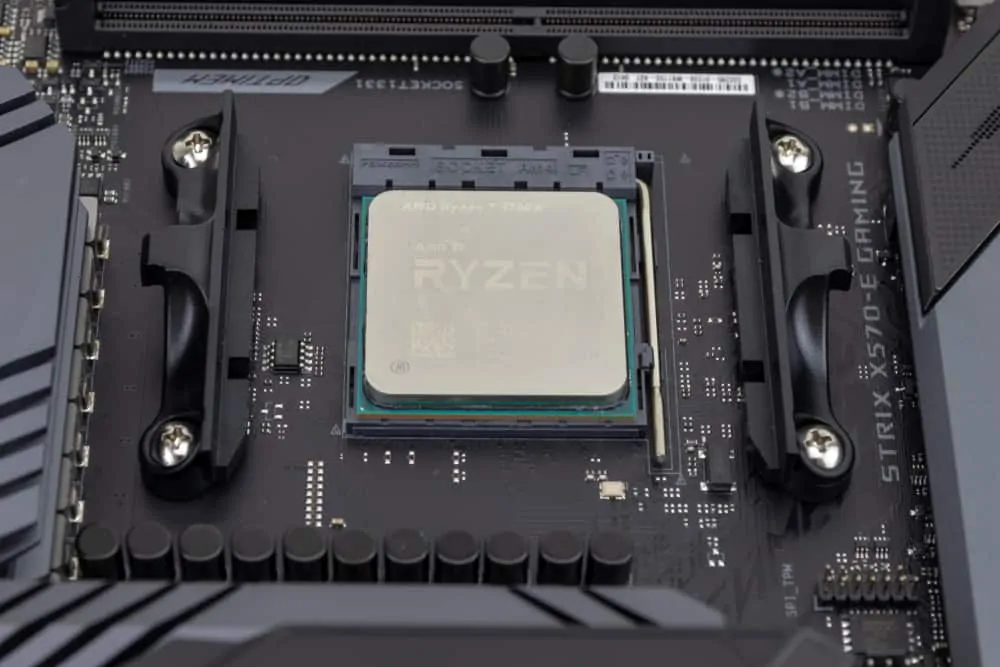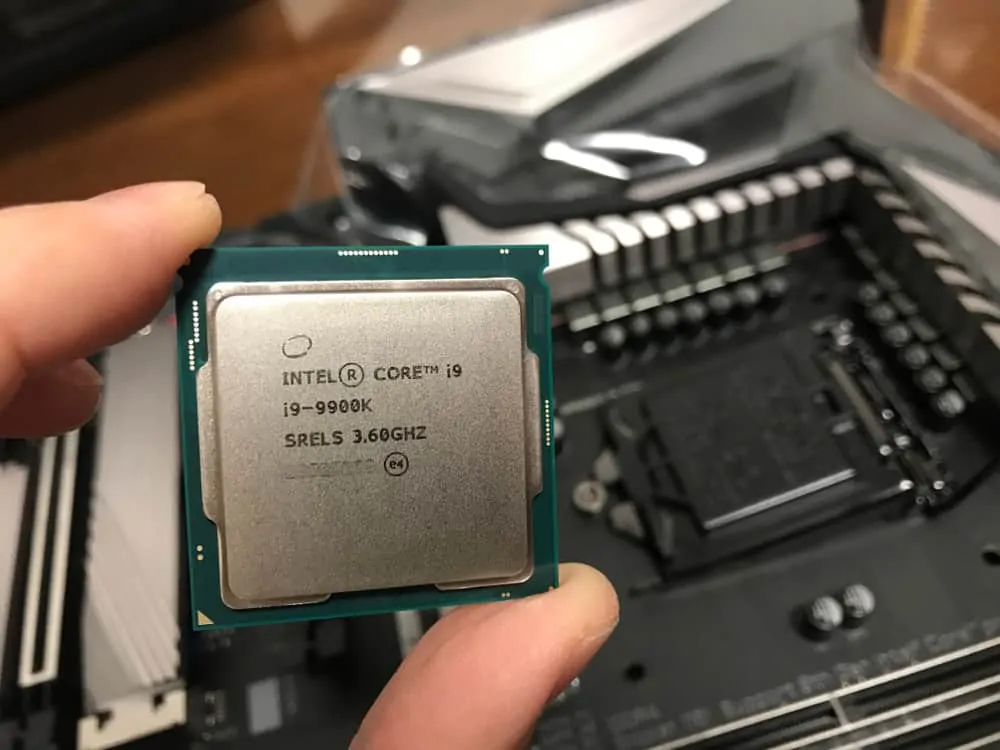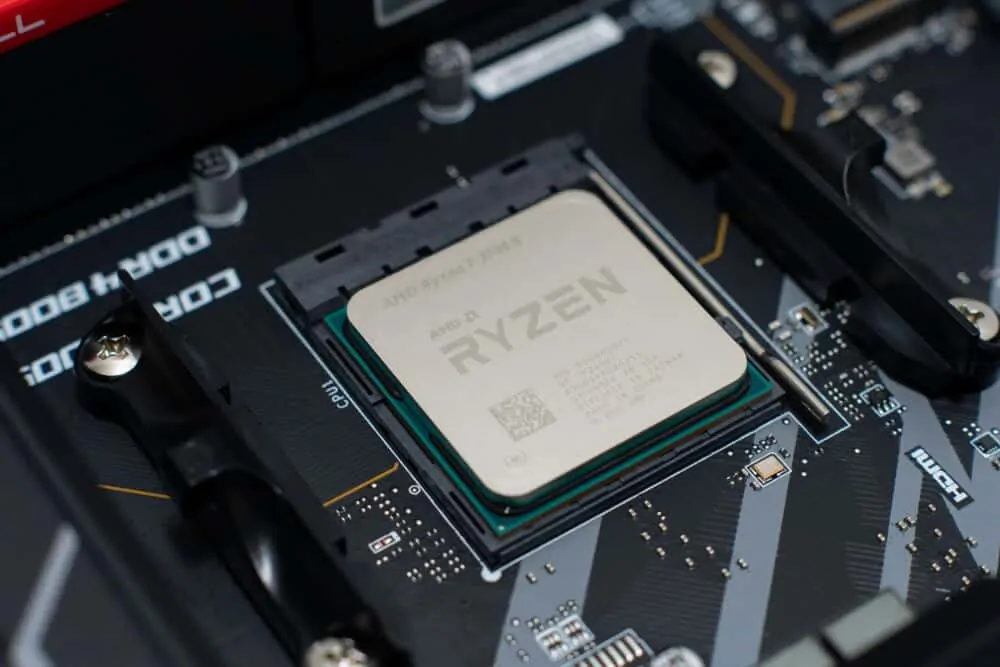Do you want to know the best-performing processor between the Intel Core i5 9600K vs i7 9700K? If that is the case, you should take your time to check out this review.
i5 9600K vs i7 9700K: Number of Cores and Threads
The first feature that determines the performance of a processor is the number of cores and threads.
The number of cores specifies the number of independent CPUs in a processor. However, the number of threads is the number of sequences of instructions that a single CPU core can handle.
i5 9600K is a 6-core, 6 thread processor while i7 9700K is an 8-core, 8 threads processor. In theory, the more cores and threads in a processor chip, the faster the processor.
Based on the number of cores and threads, i7 9700K is a faster processor.
i5 9600K vs i7 9700K: Maximum Clock Speed
The next important performance factor to compare i5 9600K vs i7 9700K is the maximum clock speed supported by each processor.
The frequency or clock speed of a processor is the number of simultaneous tasks it can complete in one processing cycle.
Manufacturers specify the based frequency and the maximum clock speed for a processor. The higher the clock speed, the faster a processor can process tasks.
i5 9600K has a base clock speed of 3.70 GHz while 3.60 GHz. Considering the base clock speed of both processors, i5 9600K appear to be the winner.
However, when you compare their maximum clock speed, i7 9700K is a clear winner with a maximum clock speed of 4.90 GHz – compared to 4.60 GHz offered by i5 9600K.
i5 9600K vs i7 9700K: L3 Cache
Apart from the number of cores and threads, and max clock speed, another very important processor performance feature is its cache. A processor has 3 types of cache – L1, L2 and L3.
For the purpose of comparing the performance of i5 9600K vs i7 9700K, I will compare the level 3 cache of both processors. i5 9600K comes with L3 cache of 9 MB while i7 9700K has 12 MB.
Based on their cache, i7 9700K is a better processor. The more cache available to a processor the more fast memory it will have to perform tasks faster.
i5 9600K vs i7 9700K: Max Supported Memory
Finally, to determine the processor that is faster, I will be looking at the max memory supported by each processor. This is an important performance factor because the more memory (RAM) available to a processor, the faster it can processor simultaneous tasks.
Both i5 9600K and i7 9700K support a maximum of 128 GB. Therefore, for maximum supported memory, there is no winner.
Conclusion
The table below is a summary of the performance features of i9 9900K vs i7 9700K.
| Feature Name | Intel i5 9600K | Intel i7 9700K | Winner |
|---|---|---|---|
| Number of Cores | 6 | 8 | i7 9700K |
| Number of Threads | 6 | 8 | i7 9700K |
| Maximum Clock Speed | 4.60 GHz | 4.9 GHz | i7 9700K |
| L3 Cache | 9 MB | 12 MB | i7 9700K |
| Max Supported Memory | 128 GB | 128 GB | No winner |
My final verdict: considering that i7 9700K won in 4 of the 5 performance features compared, it is a clear winner.
The considerable price difference between the two processors is understandable. I, therefore, recommend the Intel Core i7 9700K processor.
However, if you are tight on budget, and depending on how intensive your workload is, you may consider the Intel Core i5 9600K processor.
I hope you found this comparison/buying guide helpful. If you did, kindly click Yes to “Was this page Helpful?” below.
You could also share your thoughts with the “Leave a Comment” form found at the end of this page.
Finally, to read more laptop buying guides, visit our Processor Buying Guides page. You may also see more Processor Specs and deals or compare more processors.



